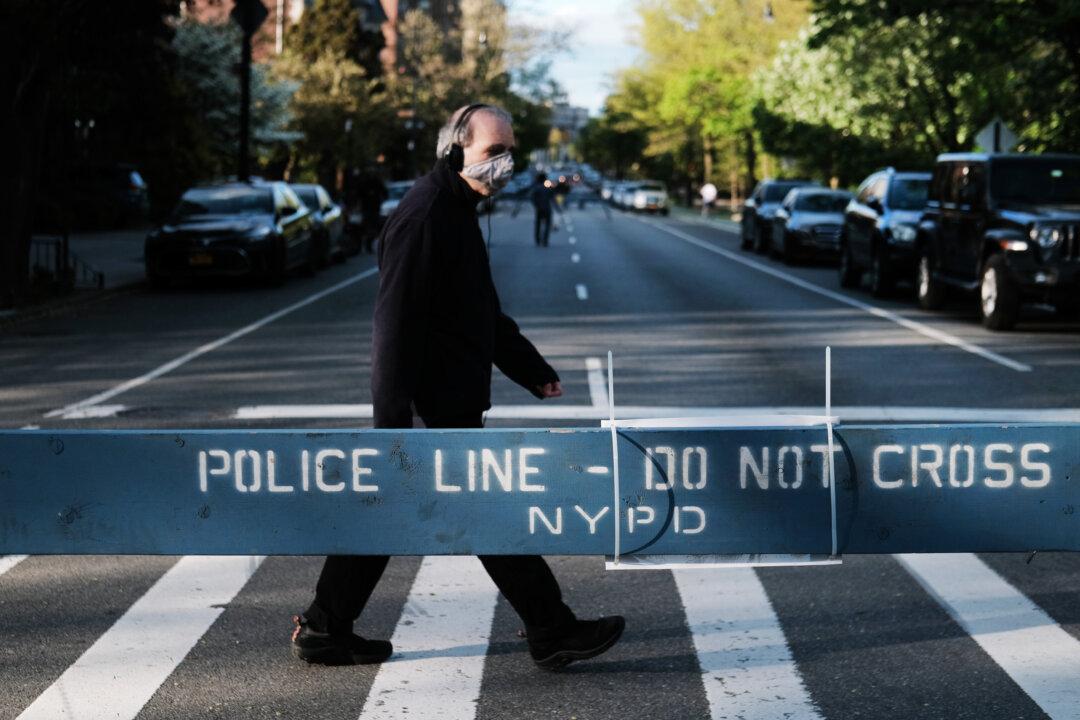Commentary
“Stay safe” is the emetic phrase of the moment, the treacly talisman of trite wokeness. No communication from your gym, your grocer, your haberdasher ends without that imperative, nor does any official telephone call.

“Stay safe” is the emetic phrase of the moment, the treacly talisman of trite wokeness. No communication from your gym, your grocer, your haberdasher ends without that imperative, nor does any official telephone call.